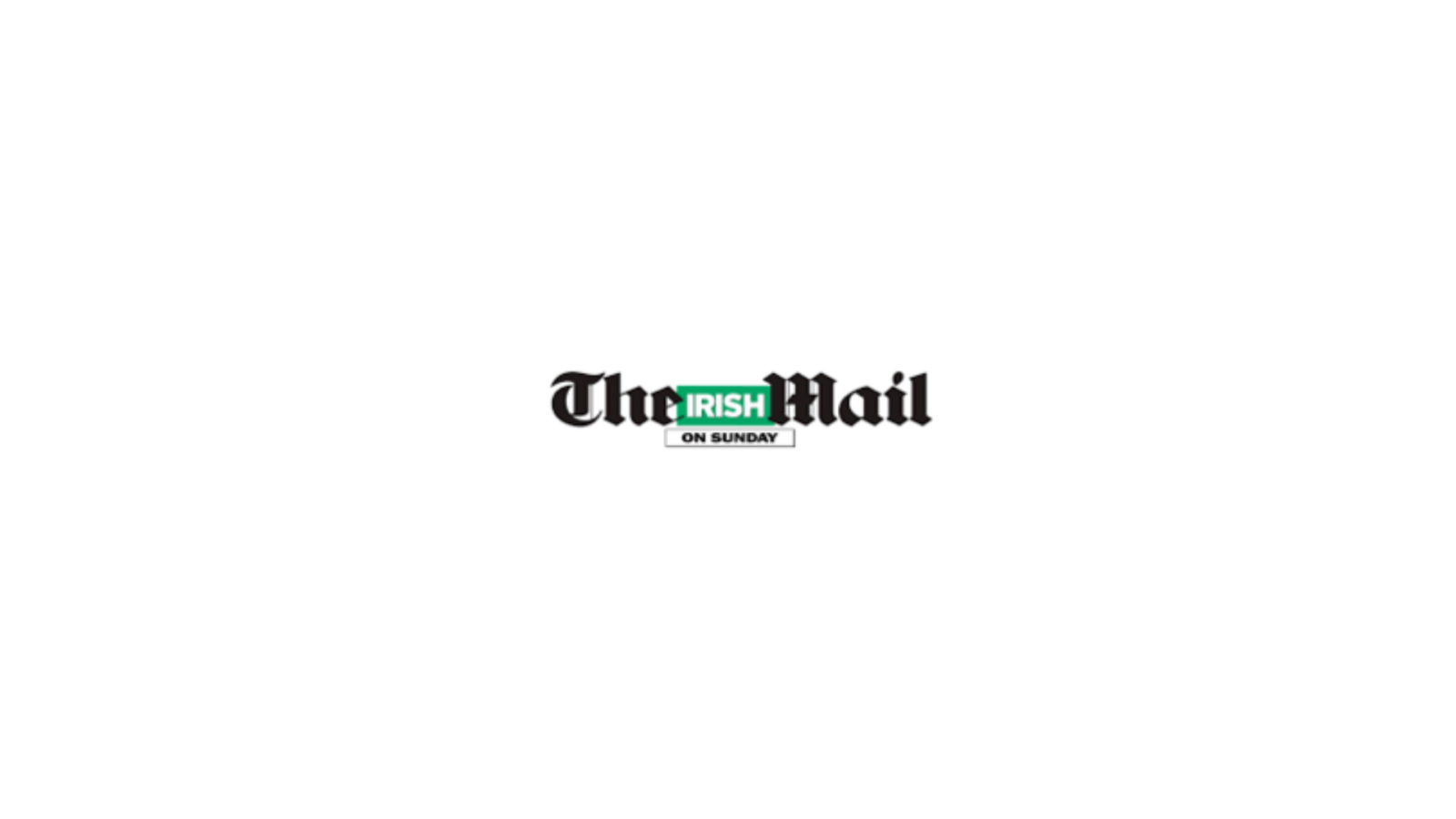While we’re busy placating the US, the rest of the EU plans for a new reality
16 March 2025
THE generally positive – and relieved – Irish response to the Taoiseach’s meeting with President Trump is understandable. Following the ambush of Ukrainian President Zelensky only weeks before, the Irish emerged relatively unscathed from the Trump–Vance double act. But that’s really as good as it gets for Dublin.
Because outside of the Emerald Isle, the frivolity of shamrock socks and talking about golf was brushed aside by the more substantive issues raised in the Oval Office. Namely, President Trump’s unconcealed disdain of the European Union and the refusal of the Taoiseach to defend Brussels, or Ireland’s decades-long membership of the European integration process.
To Brussels, this offered another indication of Ireland’s increasing hypocrisy towards its EU membership.
Although constantly touting itself – both at home and abroad – as among the most enthusiastic of EU members, it’s now clear that Ireland will always prioritise its relations with Washington over its responsibilities as an EU member state.
To non-Irish eyes, Micheál Martin’s experience in Washington was ‘excruciating’ with the Taoiseach choosing to ‘fawn’ rather than engage with President Trump.
The Taoiseach sat in contented silence as the President claimed erroneously that Apple’s €14bn payment was being used to ‘run the European Union’, that the ‘European Union has gone after our (US) companies’ and that the EU was established to undermine the United States.
Ireland’s desire to placate Washington above any other objective has not gone unnoticed in Brussels. And while Dublin might regard such a policy as necessary given our overwhelming economic dependencies on US companies, the view in Brussels is markedly different.
To many outside of Ireland, the Oval Office jamboree crystallised their existing doubts about Ireland’s willingness to stand-up for European principles. EU policymakers now wonder if Ireland can be fully counted on in the looming trade and technology wars with the United States.
At the heart of these doubts is an increasing understanding in Brussels of how just deep Ireland’s economic dependencies on the United States actually run.
Nearly 400,000 jobs in Ireland are directly or indirectly linked to US multinationals. Without the bumper corporate tax returns arising from US tech and pharmaceutical companies, Ireland would have run a sizeable budget deficit every year since we were last bailed out by the EU in 2010.
Free books and meals for Irish schoolkids? Annual tax cuts for
Irish workers? Such largesse is brought to you by US multinational investment in Ireland (and their aggressive tax planning).
Forget German cars, or French wine. Ireland is – by far – the EU state that is the most economically dependent on the US.
And this spells big trouble for Dublin in months and years ahead.
Because while the Irish media has focussed on the narrow impacts on US companies based in Ireland, a much bigger challenge faces Dublin on the European stage. And it is in that arena that Ireland’s positive contribution to the EU will increasingly be questioned.
So while Ireland tries to smooth over relations with Washington with a ‘let’s play golf in Doonbeg’ approach to international relations – the rest of the EU is busy preparing for a different reality. A reality where the US is a strategic rival. A rival that is actively seeking to weaken the EU.
A rival that openly supports farright political parties across Europe. Parties that seek to undermine the principles of equality and inclusion that modern Ireland apparently holds so dear.
And it’s not just on trade that Ireland is increasingly out of step with the European mood.
While Europe (including Britain) actively works to support Ukraine militarily and undergoes a fundamental transformation of its own approach to defence spending, Ireland remains on the sidelines offering nothing in return.
The Taoiseach’s belated conversion to increased defence spending on the Irish Defence Forces coincided with increasing unease on Capitol Hill as to the safety of their multi-billion-dollar investments in transatlantic undersea infrastructure. Even on security and defence, Ireland’s policies are viewed in Brussels as being determined by American considerations, not European ones.
IN MANY ways Ireland is like a double agent. After decades playing both sides we’ve actually forgotten who we’re supposed to be sleeping with and why. The reality is that Ireland’s economic miracle has always been predicated on two key pillars – membership of the EU’s Single Market and a focus on US inward investment. For over 50 years these two objectives were perfectly aligned. Ireland became the poster child symbolising the strength of the transatlantic economic relationship.
Yet, this Trump administration has shattered trust in Brussels. Washington’s abandonment of Ukraine has forced the EU to pursue a level of investment in the industrial and defence sectors previously thought unthinkable.
Retaliatory tariffs and trade wars are only the beginning of a much more serious – and potentially longer term − transatlantic rift.
Ireland has no easy way out. But, in reassessing it priorities Dublin must remember that membership of the EU comes with responsibilities, not just benefits.
European support has never been found wanting for Ireland in a time of crisis. Ireland would do well to reflect on that fact.
*Published by The Irish Mail on Sunday on 16 March 2025




